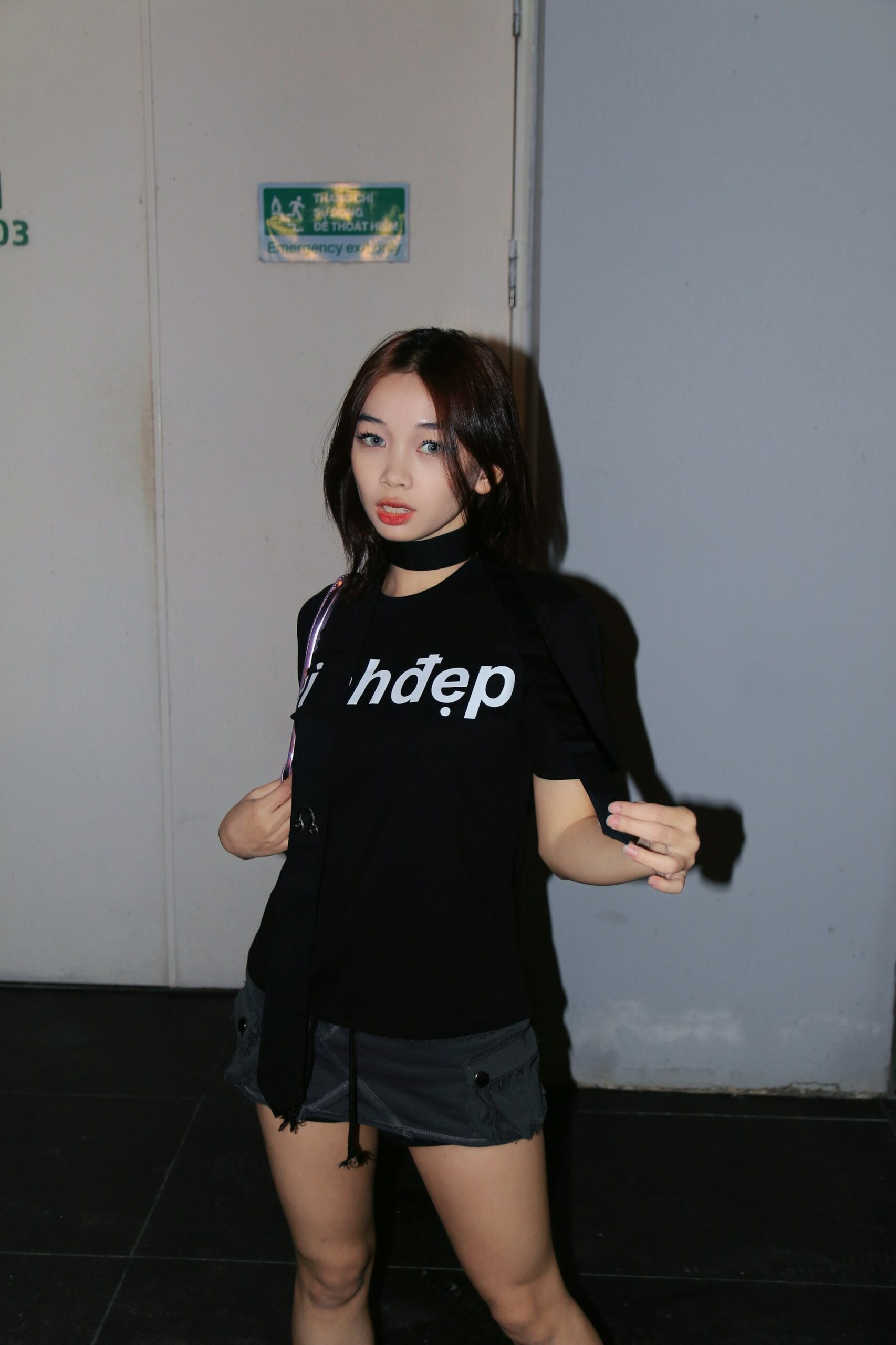Gen Z’s Entertainment Revolution: Digital Identity, Social Discovery, and the Rise of Interactive Media

Photo by Alexander Ward on Unsplash
Introduction: Gen Z’s Redefinition of Entertainment
Entertainment habits are evolving rapidly as Generation Z, those born approximately between 1997 and 2012, come of age. Unlike previous generations, Gen Z’s approach to media is shaped by a blend of digital nativity, mental health consciousness, and a preference for participatory experiences. Understanding their entertainment trends is essential for anyone aiming to engage this influential cohort effectively.
Mental Health and Self-Care as Entertainment Priorities
For Gen Z, entertainment is more than escapism-it is intertwined with self-care and mental health. This generation actively seeks content and platforms that normalize discussions around well-being, and they gravitate toward creators who share authentic stories or provide a sense of community support. Podcasts, YouTube channels, and creator-driven series that address therapy, mindfulness, and coping strategies are particularly popular. According to industry insights, mental health isn’t just a peripheral topic; it’s central to Gen Z’s identity and media preferences, with more than half of Gen Z reporting mental health challenges that influence their consumption choices [1] .
To access content focused on well-being, you may search for terms like “mental health podcasts Gen Z” or explore podcast platforms and YouTube for channels dedicated to mindfulness, therapy, or self-care topics. Many creators on platforms like Spotify and Apple Podcasts offer series specifically targeted at younger audiences seeking guidance and community.
Creator-Driven Content and the Decline of Traditional TV
Streaming platforms once dominated the shift away from cable television, offering on-demand access to shows and movies. However, Gen Z is now turning to social media platforms-especially TikTok and YouTube-for a greater share of their screen time. This generation spends over 50% more time on social platforms and user-generated content than the average viewer and 26% less time watching traditional TV or movies [2] . For Gen Z, platforms like TikTok, YouTube, and Instagram are not only entertainment sources but also serve as search engines, news feeds, and community hubs.
To engage with creator-driven content, consider following popular creators on platforms such as TikTok or subscribing to YouTube channels that align with your interests. Use search terms like “Gen Z creators” or “best TikTok accounts for Gen Z” to discover trending personalities and communities. Brands and content producers aiming to reach Gen Z should prioritize partnerships with authentic creators and invest in short-form, mobile-optimized video formats.
Short-Form Video: The Reigning Content King
Gen Z’s preference for fast, engaging content has propelled short-form video to the forefront of entertainment. Platforms like TikTok and YouTube Shorts offer rapid, immersive experiences that fit Gen Z’s on-the-go lifestyles. According to recent studies, these platforms have become the primary destinations for content consumption among Gen Z, who value the brevity and high engagement of short-form media [5] . Interactive features such as live polls, Q&A sessions, and augmented reality (AR) filters further enhance the participatory nature of these videos.
If you are seeking short-form content, you can download TikTok or access YouTube Shorts through the YouTube app. Search using hashtags or keywords related to your interests, such as “#GenZTrends” or “#ShortsChallenge.” For brands and marketers, creating concise, visually dynamic videos with clear calls to action can significantly boost engagement with this audience.
Gaming and Social Connection: The New Digital Playground
Gaming is a cornerstone of Gen Z’s entertainment landscape. Nearly 87% of Gen Z engage in gaming regularly, with titles like Fortnite, Call of Duty, and League of Legends maintaining strong popularity. Esports, live streaming, and in-game socializing are not just hobbies-they are primary avenues for building identity and long-term friendships [3] . In fact, 40% of Gen Z report socializing more in video games than in person, and nearly half have made long-term friends through gaming [4] .
To join these communities, you can create accounts on platforms like Twitch (for game streaming and esports events), Discord (for gaming chat groups), or participate in multiplayer games with active social features. Search for public Discord servers or Twitch channels that match your favorite games. Brands looking to engage Gen Z should consider sponsoring esports events, collaborating with gaming influencers, or integrating interactive features into their campaigns.
Digital Nostalgia, Y2K Aesthetics, and Niche Communities
Gen Z’s embrace of Y2K nostalgia and digital aesthetics is reshaping visual trends and content formats. Fashion, music, and online communities are reviving early 2000s culture, blending it with modern sensibilities. This movement is not just about retro visuals-it’s about reclaiming identity and forging communities around shared interests [1] . Niche fandoms and micro-movements are thriving, as Gen Z often prefers smaller, tight-knit digital spaces over mass culture.
To participate in niche communities, you may explore platforms like Reddit, Discord, or specialized sub-communities on TikTok and Instagram. Use search terms such as “Y2K community Discord” or “Gen Z fandoms Reddit” to find groups aligned with your interests. For content creators and marketers, tapping into these micro-communities requires understanding their language, values, and preferred aesthetics.
Interactive Media and Participatory Experiences
Gen Z demands interactivity from their entertainment experiences. Live polls, Q&A sessions, AR filters, and direct engagement with creators through DMs or live streams are essential features. This participatory approach extends to brand interactions, where authenticity and two-way communication are expected [5] .
If you wish to engage with interactive media, follow creators on Instagram and TikTok who host live sessions or use interactive features. Participate in live chats, vote in polls, or join virtual events to experience this trend firsthand. Brands should prioritize real-time engagement and encourage user-generated content to foster loyalty among Gen Z audiences.
Overcoming Choice Fatigue and Content Discovery Challenges
With endless options available, Gen Z often experiences “choice fatigue.” Over 70% report feeling exhausted by trying to decide what to watch, and many desire more personalized recommendations from streaming services [3] . Gen Z is also shifting away from traditional search engines, increasingly using social media and AI-driven recommendations for content discovery.
If you find yourself overwhelmed by choices, consider using curated playlists, personalized recommendation tools within streaming platforms, or following trusted influencers who regularly share content suggestions. For streaming services and marketers, investing in AI-powered personalization and community-driven discovery features can help capture and retain Gen Z attention.
Accessing the Latest Gen Z Entertainment Trends: Step-by-Step Guidance
1. Choose Your Preferred Platforms: Download and sign up for apps like TikTok, YouTube, Twitch, and Discord. Use platform-specific discovery features to navigate trending content and communities. 2. Follow Authentic Creators: Search for creators who focus on topics like mental health, gaming, or Y2K nostalgia. Use hashtags and recommendations to find rising stars. 3. Participate in Interactive Experiences: Join live streams, vote in polls, or use AR filters to immerse yourself in participatory media. 4. Join Niche Communities: Explore Reddit, Discord, or fan-driven forums for micro-communities that share your interests. 5. Seek Curated Recommendations: Use “For You” feeds, influencer lists, or AI-powered suggestions to reduce choice fatigue. 6. Stay Informed on Emerging Trends: Regularly check industry news, follow analytics firms, or sign up for newsletters from entertainment and media research organizations.
Challenges, Solutions, and Alternative Approaches
Challenge: Overwhelm due to content abundance. Solution: Use curated playlists, engage with trusted creators, and leverage AI recommendations. Alternative: Join smaller, interest-specific communities for more focused discovery.
Challenge: Authenticity concerns with brands and creators. Solution: Prioritize creators with transparent, genuine engagement and avoid overly scripted content. Alternative: Participate in user-generated content initiatives where your voice contributes to the narrative.
Challenge: Accessing mental health-focused content. Solution: Search podcast directories and YouTube for creators specializing in well-being, or join online support communities. Alternative: Consult mental health professionals or school counselors for additional resources and recommendations.
Key Takeaways
Gen Z’s entertainment landscape is defined by digital-first, interactive, and community-driven experiences. Short-form video, gaming, and micro-communities are central, while mental health and authenticity are non-negotiable values. To access the latest opportunities, focus on trusted platforms, authentic creators, and participatory experiences, while leveraging AI-driven recommendations and niche communities for personalized discovery.

Photo by Caleb Oquendo on Unsplash
References
[1] ContentGrip (2025). Gen Z trends 2025: Y2K, self-care, and digital identity.
[2] Camphouse (2025). Gen Z Streaming Habits 2025: Why Social Media Wins.
[3] CTAM (2025). The State of Gen Z.
[4] Glimpse (2025). Top 17 Entertainment & Media Trends of 2025.
[5] Slate Teams (2025). Understanding Gen Z and Social Media Use in 2025.



